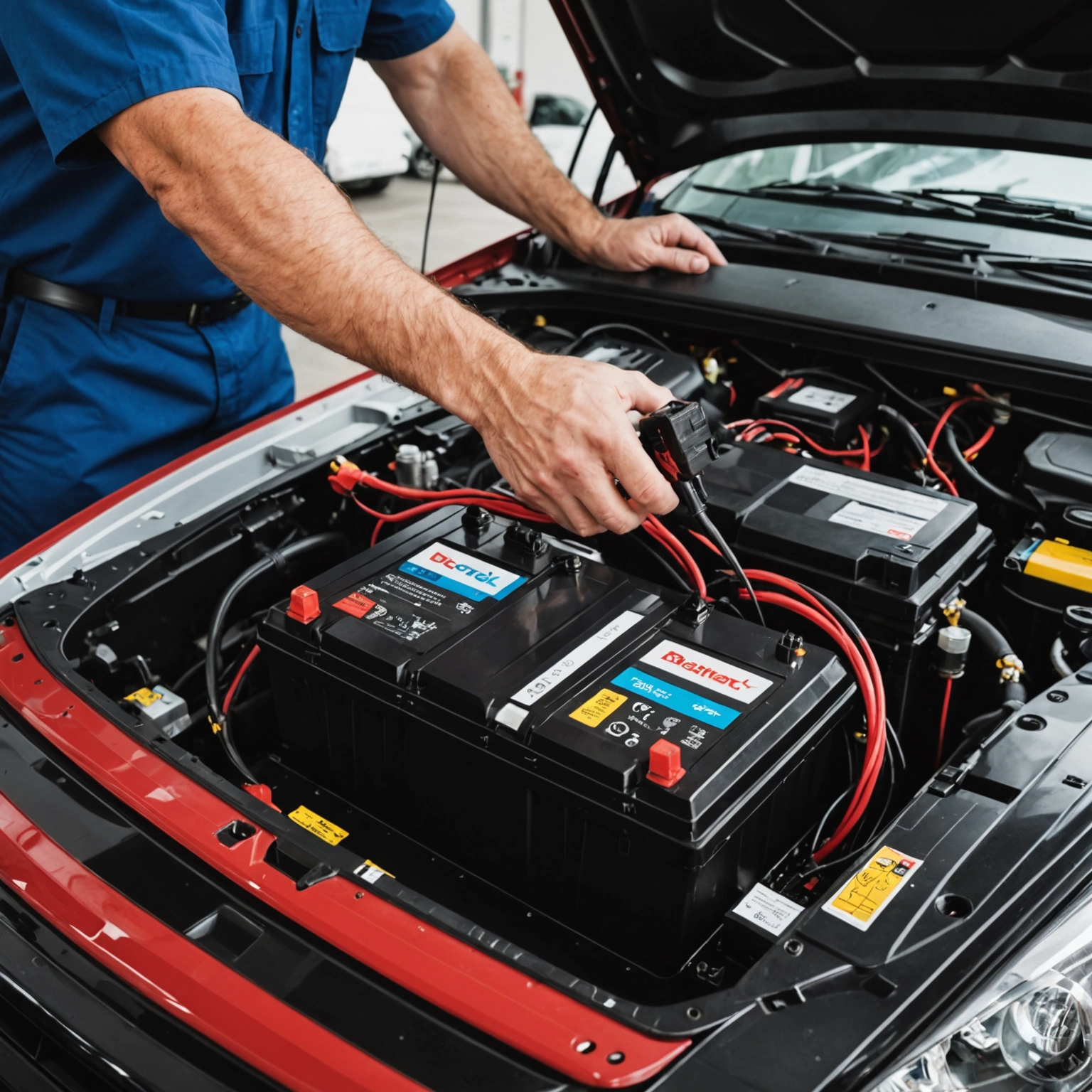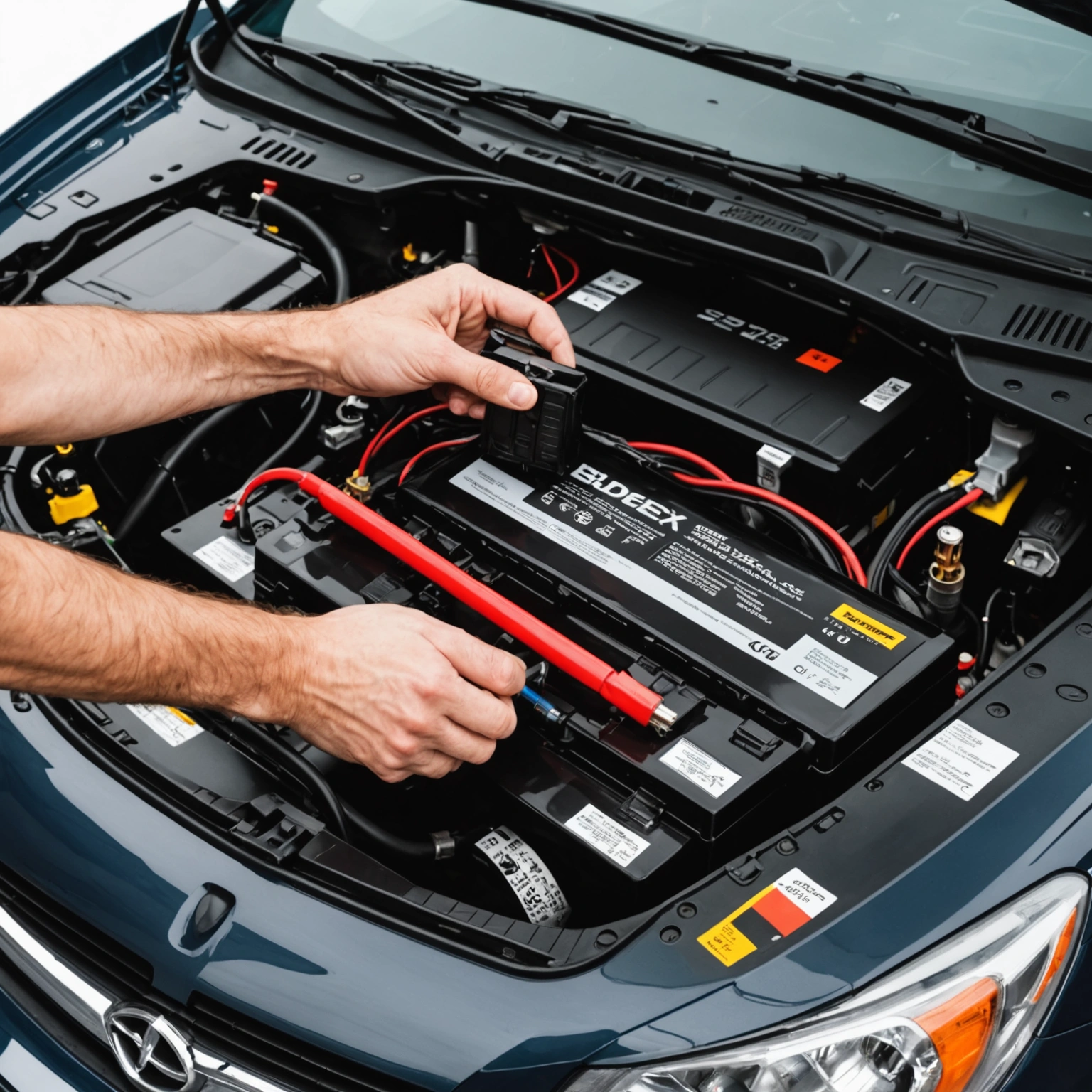**Does My Car Warranty Cover the Battery? Everything You Need to Know**
When it comes to maintaining your vehicle, one of the most common questions owners have is: *Does my car warranty cover the battery?* After all, the battery is a crucial component that keeps your car running smoothly, and replacing it can sometimes be costly. Let’s dive into the details to help you understand what your warranty typically covers and what to consider when it comes to your car’s battery.

### Understanding Your Car Warranty: Types and Coverage
Before determining if your battery is covered, it’s important to understand the different types of warranties that come with your vehicle:

1. **Basic (Bumper-to-Bumper) Warranty:** Usually lasts 3 years or 36,000 miles, covering most major components, including the engine, transmission, and electrical systems, but often excluding wear-and-tear items like batteries.
2. **Powertrain Warranty:** Typically extends longer, often 5 years or 60,000 miles, covering the engine, transmission, and driveline components. Batteries are generally not included unless specified.

3. **Corrosion or Rust Warranty:** Covers rust-through issues, not batteries.
4. **Extended Warranties or Maintenance Plans:** These optional plans may include coverage for specific parts, including batteries, depending on the provider.
### Does Your Car Warranty Cover the Battery?
**In most cases, standard manufacturer warranties do not cover the car’s battery as a regular part of the warranty.** Batteries are considered wear-and-tear items because their performance naturally declines over time and with use. Manufacturers typically exclude batteries from bumper-to-bumper coverage, meaning:
– **Manufacturers’ warranties** usually do *not* cover battery replacement unless the battery fails due to a manufacturing defect within the warranty period.
– **Electrical system issues** caused by a faulty battery might be covered if diagnosed as a defect, but this is rarely the case.
### When Might the Battery Be Covered?
While standard warranties generally exclude batteries, there are exceptions:
– **Defective batteries:** If your battery fails prematurely due to a manufacturing defect within the warranty period, some manufacturers may replace it free of charge.
– **Extended warranties or service plans:** Certain plans may include battery coverage, especially if they are marketed as comprehensive maintenance packages.
– **Specific recalls or campaigns:** If a battery issue is part of a manufacturer recall, the replacement will be covered regardless of warranty status.
### Tips for Battery Maintenance and Coverage
– **Regular testing:** Have your battery tested regularly, especially before extreme weather seasons, to catch issues early.
– **Keep records:** Maintain documentation of battery replacements and testing to support warranty claims if needed.
– **Check your warranty booklet:** Review your vehicle’s warranty documentation to understand what is explicitly covered.
– **Consider extended coverage:** If you want peace of mind, explore extended warranties or maintenance plans that include battery replacement.
### Final Thoughts
In most cases, your car’s standard warranty does not cover the battery unless it fails due to a manufacturing defect within the warranty period. Batteries are considered consumable items and typically require replacement as they age. However, if you’re concerned about battery costs, consider purchasing an extended warranty or maintenance plan that offers battery coverage.
**Always stay proactive with battery maintenance and consult your vehicle’s warranty documentation or dealer for specific coverage details.** Proper care and awareness can save you time and money, ensuring your vehicle stays reliable for years to come.
—
*Have questions about your specific warranty coverage? Drop a comment below or contact your dealership for personalized assistance!*

